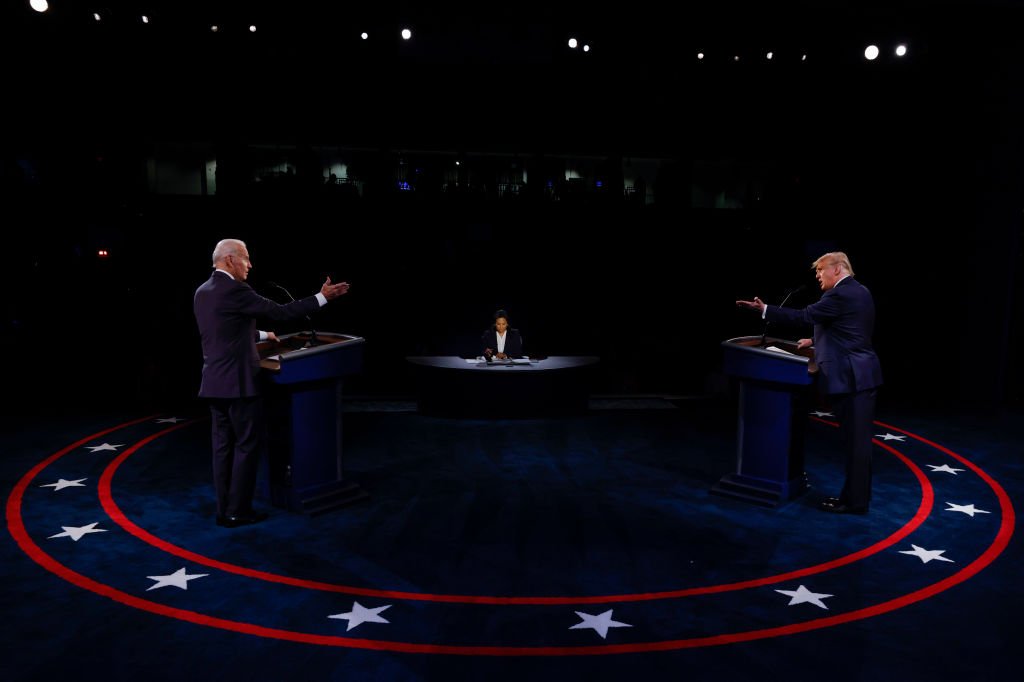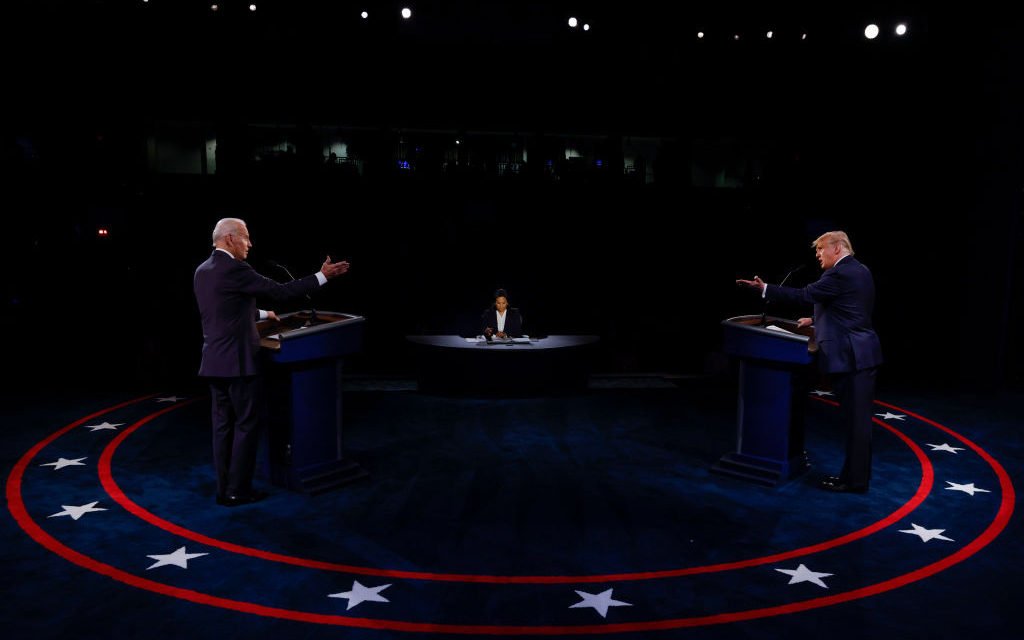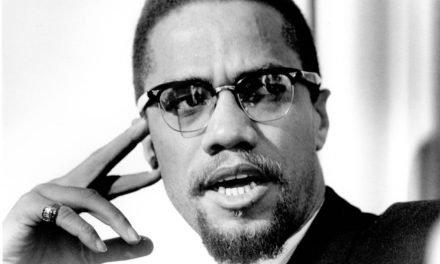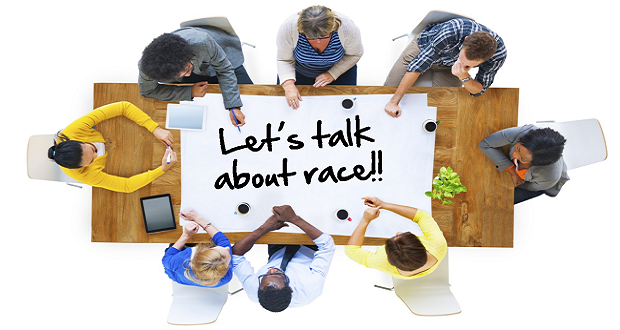
Lately, I have been experiencing a strong sense of indifference and uncertainty related to our work — diversity, equity, inclusion and justice, specifically in the ‘corporate’ and organizational context. Black people are dying, white nationalism and supremacy are embodied within the highest offices of government and, in more subtle ways, within most organizations. Nonetheless, we are still ‘fighting the good fight’ through education, facilitating cognitive shifts and encouraging necessary unlearning, and introducing leaders to new skills and paradigms that support realizing justice and equity within their sphere of influence.
Certainly, this segment of work is a necessary means to an end, but I’d be lying if I said I haven’t felt more and more conflicted on whether this work is yielding the impact we intend. The exit polling and impending results of the 2020 Presidential Election certainly do not help. At the time of writing this post on November 4th, 2020, the conventional wisdom here in the US is “the race is too close to call.”
This is deeply troubling, yet unsurprising. I’ve been grappling with a few hard truths as we experience this segment in history — hard truths that have implications for DEIJ work more broadly.
Truth: White Supremacy is America: “We are ‘not’ better than this.” I’ve seen the well-intentioned and hopeful “As Americans, we’re better than this” OR “We’ll move forward together” sentiments appear quite a bit on my feeds as we await the outcome of this election and experience political polarization more broadly. My anecdotal observation is that this and similar perspectives are more often held by seemingly progressive and well-intentioned white people, self-described bridge builders who champion civility and respectability as a means to disrupt hate. This sounds good in theory — but when you peel back the “we’re all Americans and we’re better than this” trope, you’re left with the historic tendency of whiteness to preserve its own goodness by any means. You uncover the persistent, active avoidance of and distancing from the harm, ill-will, violence, and death caused at the hands of white people.
When you peel back the 'We’re all Americans, and we’re better than this' trope, you’re left with the historic tendency of whiteness to preserve its own goodness by any means. Share on X“We are better than this” is acquiescence veiled as accountability and optimism. It is a lie. Owning it is the first step. The hard truth here is that “We” (also read as: “ya’ll”/ “white America”) are not better than this — in fact, I’d venture to say that the impending results of the 2020 Presidential Election are very much ‘on brand.’
'We are better than this' is acquiescence veiled as accountability and optimism. It is a lie. Owning it is the first step. Share on XWhen we don’t name and isolate whiteness, we aren’t required to truly do anything about it. That’s precisely why the current administration has gone so far to institutionalize silencing the work and language that seeks to do so. In the organizational context this requires a shift from “if” white supremacy is showing up in our organization to HOW is it showing up and continuing to thrive as the norm. That shift in inquiry requires a hard pivot from incremental tactics meant to “fix” the system or “fix” the people most impacted by the system, to hard conversations followed by direct strategies to truly re-imagine new ones.
Truth: Inclusion and Equity are political. When I hear “Inclusion isn’t political,” I hear a disregard for the sacrifice and risk required of Black folks (and other marginalized groups) to exist within organizations and systems where their very presence and survival is an act of resistance. This reality should not be undermined but acknowledged. Likewise, in the most general sense, ‘politics’ involve decisions, power, resources, policies, and people—all of which are critical components to realizing justice and equity.
Inclusion and Equity is political. When I hear 'Inclusion isn’t political,' I hear a disregard for the sacrifice and risk required of Black folks to exist within organizations and systems where their very presence and survival is… Share on XThis makes me think even more critically about rhetoric that prioritizes civility over disruption. In our work, this might sound like striving to “find common ground,” “agreeing to disagree,” or “separating the person from their position.” Again, this sounds good in theory, but who does this more often serve? Robert Jones, Jr. (known as Son of Baldwin) once said, “We can disagree and still love each other unless your disagreement is rooted in my oppression and denial of my humanity and right to exist.”
When we consider the influence of corporate lobbying on American politics, certainly we can agree that an organization’s stated commitment to equity and justice must be mirrored in the politicians and legislation it supports. Shouldn’t this also mean leaders, managers, and employees alike should be required to articulate and show how they enact these behaviors within the workplace and beyond? Inasmuch as we would like for inclusion and equity to be embodied regardless of political ideology, the hard truth here is inclusion and equity are political. And, we are observing in real time, a large majority of white folks in America actively choose a side, one that does not espouse these values.
Inclusion and equity are political. And, we are observing in real time, a large majority of white folks in America actively choose a side. Share on XTruth: America does not deserve Black people—she never has. This election is just one more example of how Black people consistently use our power for the greater good. Despite being most impacted by and at risk during the global pandemic, dealing with the onslaught of racialized trauma and violence against our community, being consistently underserved by our two-party system, Black voters (more notably Black women) have significantly influenced this election, and ultimately the fate of this nation.
This dynamic is no different from the experiences of many Black folks, practitioners, and advocates in the workplace who continue to work tirelessly and persistently in pursuit of equity, justice and inclusion. Those who are often underpaid, overworked, undermined. Those who experience loss, risk and Black fatigue leading and strategizing (sometimes informally, without the title or pay) and disrupting the status quo. Given all that America has gained at the nexus of Black power and culture, what more could we collectively re-imagine if we truly centered Blackness, and yielded to Black leadership, in this work?
Given all that America has gained at the nexus of Black power and culture, what more could we collectively re-imagine if we truly centered Blackness, and yielded to Black leadership, in this work? Share on XAnother hard truth: No matter how the election turns out, there is still so much work to do. I am in constant reflection and interrogation of how ‘that work,’ our work, must evolve in order to reimagine the world we truly deserve.



















